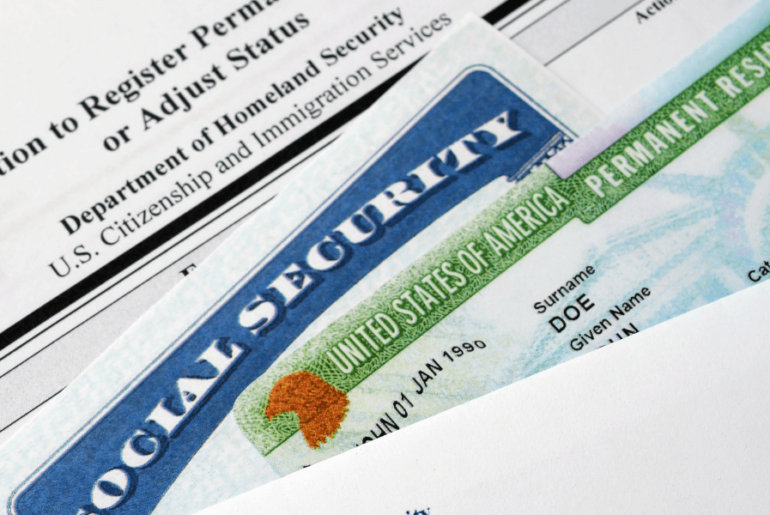There’s been a lot of confusion about the immigration “public charge rule.” Although regulations made under the Trump administration are no longer in effect, immigrants are scared to apply for benefits for fear of risking a negative determination for residency status. Now, the government wants to hear from the public about it. Here’s what you need to know about the public comment period:
What is the public charge rule?
The “public charge” test has been part of U.S. immigration law for over a hundred years. Its purpose is to identify people who may depend on government programs as their main source of support in the future. If the Department of Homeland Security (DHS) believes someone is likely to become a “public charge,” the government can deny that person’s application for lawful permanent resident status (green card). Immigration officers consider a person’s health, age, income/resources, education, skills, family support, sponsor and use of some kinds of public benefits. Not all government programs and benefits cause an individual to be considered a “public charge.”
What assistance is not considered a public charge?
DHS does NOT consider enrollment in or receipt of Medicaid, public housing, or Supplemental Nutrition Assistance Program (SNAP) benefits and other nutrition assistance as part of a public charge inadmissibility determination. Long-term Medicaid institutionalization (like nursing homes) may be considered a public charge.
What is the difference between the guide and the public charge rule?
The 1999 Interim Field Guidance is the most recent official rule that guides the U.S. Customs and Immigration Service (USCIS). Until DHS implements a new rule, this determines how immigration officers review applications for green cardsin consideration of making an inadmissibility determination.
What is the latest update to the public charge rule?
Food and health benefits are NOT considered a public charge. In March 2021, the Department of Homeland Security under Biden said it was rolling back enforcement of the 2019 rule change which were made by the Trump administration and created stricter financial rules for people seeking lawful permanent resident status in the United States.
In August, DHS published the Advance Notice of Proposed Rulemaking to ask for data and information from nonprofit organizations and state governments on public benefits programs and how they are administered at the local level. Part of this notice is to also gather comments from the public.
Why is DHS asking for public comments?
DHS is asking the public for comments and feedback in order to implement a fair and rational rule that does not cause fear and confusion among immigrant communities. It is important for DHS to hear how proposed changes to the rule create barriers or prevent immigrants from accessing benefits that keep their families safe and healthy.
When is the deadline?
The public comment period started on August 23 and ends on October 22, 2021.
How can I submit a comment?
You can upload a written document online to submit for public comment on Regulations.gov here, or for other ways to submit a comment call Samantha Deshommes, Chief, Regulatory Coordination Division USCIS at (240) 721-3000.

